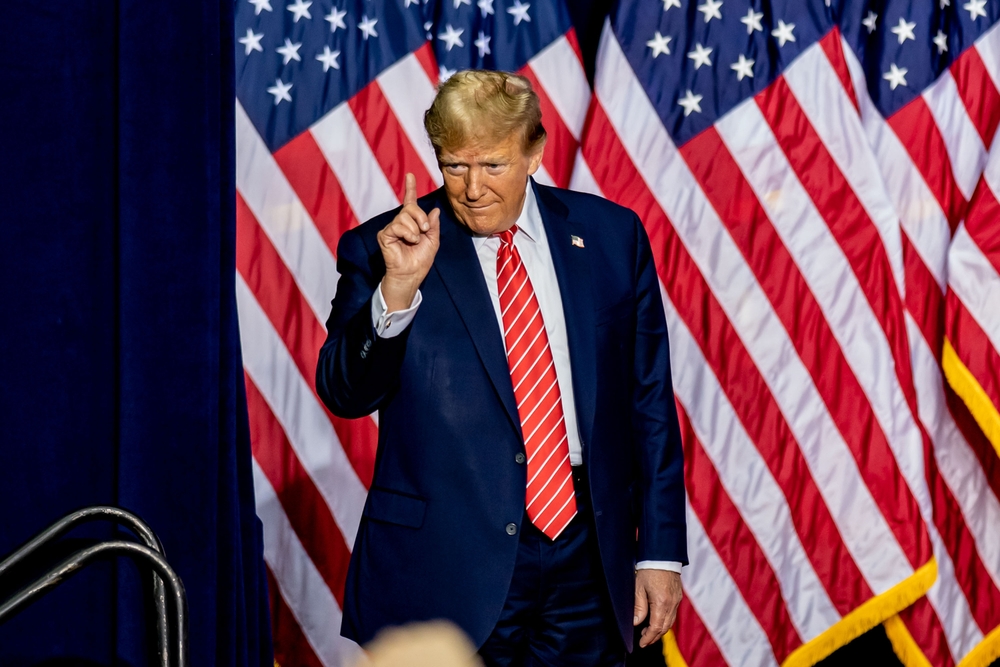President Trump criticizes President Biden for his pardoning decisions, including the omission of a self-pardon, in a Fox News discussion. Trump claimed he chose not to self-pardon upon leaving office. Conversation highlights political complexities of presidential pardons.
Trump’s Critique of Biden’s Pardons
During an engaging discussion on Fox News with Sean Hannity, former President Donald Trump provided a pointed critique of President Joe Biden’s recent pardoning decisions. Trump highlighted what he perceives as a significant oversight: Biden’s failure to issue a self-pardon. Trump attributed this decision to poor advice from Biden’s advisers, suggesting that Biden could face similar legal challenges to those Trump has encountered. Trump’s remarks emphasize a controversial topic that intertwines legality and ethics in the presidential landscape.
As the spotlight remains on these decisions, it’s noteworthy how Trump’s views provoke deeper reflection on the broader implications of pardons within American political discourse. Particularly, Trump’s claim that he, too, had the opportunity to self-pardon but refrained due to his claimed innocence, adds a personal dimension to the debate. This dimension reflects the tactical calculations and ethical considerations that influence such presidential choices.
The Debate over Self-Pardons
The issue of self-pardons has stirred both political and public debates. Trump’s assertion, “This guy went around giving everybody pardons. And you know, the funny thing, maybe the sad thing, is he didn’t give himself a pardon,” provides insight into his perspective on Biden’s decisions. This stance reinforces Trump’s view that Biden’s pardoning strategy could have included a self-pardon to safeguard his legal standing post-presidency.
“This guy went around giving everybody pardons. And you know, the funny thing, maybe the sad thing, is he didn’t give himself a pardon. And if you look at it, it all had to do with him.” – Donald Trump
Biden, on the other hand, has publicly rejected the notion of a self-pardon, stating, “No, I have no contemplation of pardoning myself for anything. I didn’t do anything wrong.” This statement underscores Biden’s confidence in his actions and intentions during his presidency. It exemplifies the core of the ethical and tactical debates surrounding the application or omission of such a pardon within the political framework.
— The Washington Stand (@WSHStand) January 21, 2025
Mary Baker Eddy’s Christian Science Monitor Influence
This debate also reflects the mission of news organizations like the Christian Science Monitor, founded to “to injure no man, but to bless all mankind,” which aims to inform through balanced and solution-oriented journalism. Such journalistic endeavors seek to provide the public with credible hope and facts amid contentious political topics, rather than being swayed by commercial interests or partisan pressures. This kind of reporting is crucial for understanding the broader implications of presidential decisions.
“to injure no man, but to bless all mankind” – Mary Baker Eddy
The intersection of journalism and politics highlights the importance of staying informed with reliable sources amid these frequent presidential debates. As the discussion between Trump and Biden evolves, the focus remains on maintaining transparency in governance while respecting the ethical dimensions in the controversial arena of presidential pardons.
Sources:
Do Biden’s preemptive pardons offer a safety valve or set bad precedent?
‘Didn’t do anything wrong’: Biden rejects idea of self-pardon ahead of Trump’s White House return

